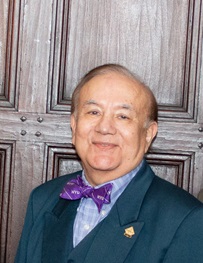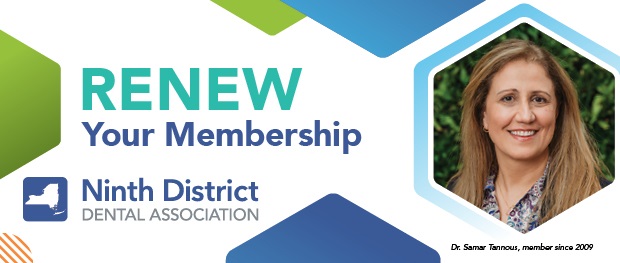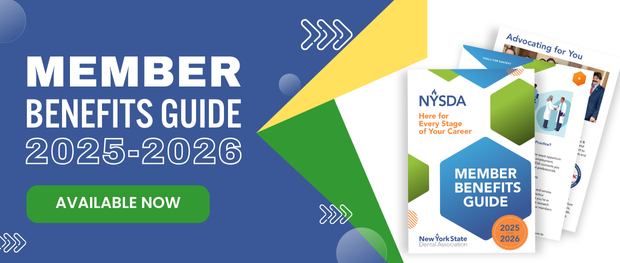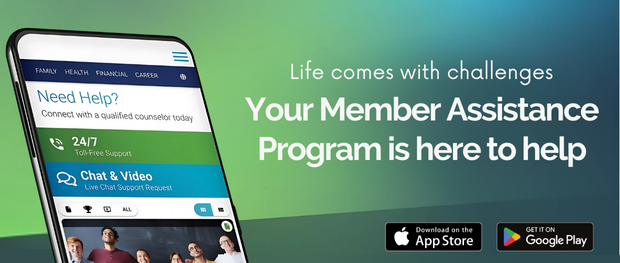AHRQ Issues Report on Adverse Childhood Experiences and Health Care Spending
Per the notice below, the Agency for Healthcare Research and Quality (AHRQ) has issued a report on the effect of adverse childhood experiences on subsequent adult health care spending.
Healthcare Spending 26 Percent Higher Among Adults Who Had Adverse Childhood Experiences
It is a tragic reality that children who endure traumatic experiences—such as household members' substance abuse or mental illness, divorced or separated parents, and physical, verbal, or sexual abuse—are more likely to struggle with severe difficulties in adulthood. Adverse childhood experiences (ACEs) are strong predictors of low-income status, risky health behaviors, substance abuse, chronic physical and mental health conditions, and other adverse outcomes. Less is known, however, about the association between ACEs and their impacts on adult healthcare utilization and expenditures. As part of efforts to bring data to bear on critical topics impacting cost, access, and care outcomes, AHRQ has published an analysis in the most recent issue of Health Affairs that provides insights into ACEs and their relationship with healthcare utilization in adulthood. Our team—Thomas M. Selden, Ph.D., Didem M. Bernard, Ph.D., Sandra L. Decker, Ph.D., and Zhengyi Fang, M.S.—examined AHRQ's 2021 Medical Expenditure Panel Survey (MEPS)–Household Component to gain insights on this relationship. The results were compelling:
- Among U.S. adults, 62.6 percent reported at least one ACE.
- Adults with ACEs have 26.3 percent higher healthcare expenditures compared to those without ACEs. Healthcare utilization was also higher, especially for emergency department care (41 percent higher among those with ACEs).
- Adults with ACEs have a higher prevalence of health behaviors such as smoking and excessive drinking, depression, psychological distress, and chronic conditions such as high cholesterol, high blood pressure, and heart disease.
- In 2021, the 157.6 million U.S. adults with ACEs accounted for $292 billion in additional healthcare expenditures compared to demographically similar adults without ACEs.
Prior research has highlighted the prevalence of ACEs and their connection to subsequent health conditions and behaviors. In contrast, few studies have examined ACEs and their impacts on healthcare utilization and expenditures, and that research has relied on small patient cohorts, evidence from other countries, evidence for a single payment source, or model-based extrapolation. To help fill data gaps that have limited understanding of ACEs' impacts on adult healthcare utilization and expenditures, the new social determinants of health self-administered questionnaire in the 2021 MEPS included 11 questions about ACEs. The resulting data provided the first nationally representative estimates of ACEs–related healthcare utilization and expenditure differences based on direct observation rather than model-based extrapolation. Our analysis showed associations between ACEs and a range of adverse adult circumstances, including financial and housing problems, social network problems, little or no life satisfaction, stress, food insecurity, and exposure to verbal abuse, physical harm, and discrimination.
Additional research is needed to understand better the factors leading to ACEs, but much is already known about programs shown to reduce abuse and neglect and mitigate their long-term effects. Policies include home visits for young children, improved childcare, peer support programs, mentoring, family strengthening efforts, family-friendly labor laws, and education campaigns on screening for and treating exposed children and adults. Our analysis points to potential healthcare expenditure savings that might help mitigate the cost of these programs if successful. The large differences in healthcare needs, utilization, and expenditures the authors found also highlight the importance of further research on how well the healthcare system meets the needs of those with ACEs. Childhood trauma has lasting impacts on health and well-being. Patients with a history of ACEs can become distressed or even re-traumatized because of their healthcare experiences. These patients may benefit from trauma-informed care. Yet, despite the high prevalence of ACEs, further research is needed on how best to identify patients with trauma and how to implement trauma-informed care interventions across healthcare settings to meet the unique needs of trauma survivors, reducing barriers to their care, and resulting in more equitable care. Properly designed and implemented trauma-informed interventions promise to improve the well-being of clinicians and patients, improving the "doctor-patient" relationship. By fostering trauma history screenings during intake, symptoms can be viewed as normal reactions to trauma rather than other pathologies, reducing "diagnostic error." This could enhance the patient's and caregivers' sense of safety and respect. These kinds of care delivery challenges are precisely the areas in which AHRQ-funded research seeks to provide evidence.
AHRQ's new study quantifies the extent to which ACEs are associated with high societal costs in the form of increased healthcare spending. More broadly, it aligns with efforts by AHRQ and the Biden-Harris administration to emphasize that improving behavioral health is critical to the Nation’s prosperity and advancing person-centered care. The results of this analysis and others like it add to the existing evidence that targeting ACEs' enormous societal costs raises the potential for essential returns on investment in policies and interventions that address these issues. Further, they provide an urgent signal for improving the quality of healthcare and social services for those with ACEs by transforming our care delivery systems to be more person-centered.




.tmb-rotator.png?Culture=en&sfvrsn=e3185440_1)






.png?sfvrsn=4447de7f_1)















